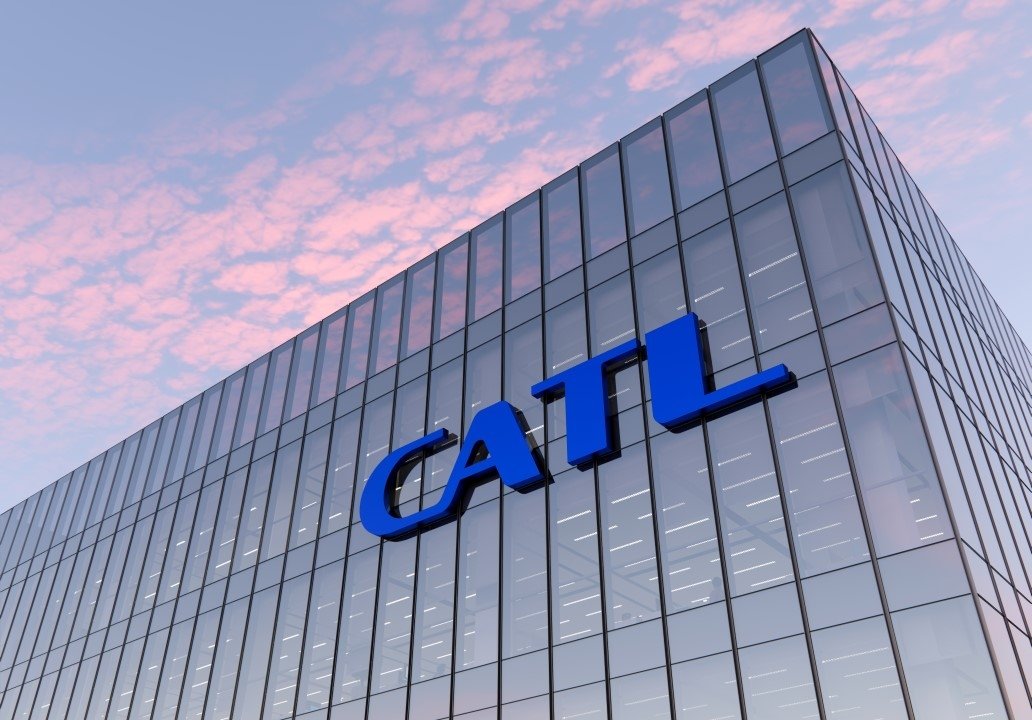
Many people are concerned about the environmental impact of the plant, but studies show that there is no real cause for concern.Continue reading
For weeks now, the Hungarian press has been abuzz about the Chinese battery factory in Debrecen, with locals, politicians, and lobby groups alike concerned about the environmental impact. These concerns have already been refuted by impact studies, and now two major environmental organizations, the World Wide Fund for Nature (WWF) and Greenpeace, have spoken out in favor of the plant.
On Tuesday, Parliament’s Sustainable Development Committee discussed the factory in Debrecen, eastern Hungary, a multi billion euro investment by China’s Contemporary Amperex Techonology Co. Limited (CATL). The meeting was attended by an environmental policy expert from WWF, Dalma Dedák, who said that World Wide Fund for Nature Hungary fundamentally supports the construction of battery factories not only in Hungary, but also in Europe, because these investments are key for electric transport.
According to the expert, replacing polluting vehicles is a priority, and the only question about factories is where and how they are installed. She said that
battery production itself is not a devil’s errand and Hungary could play an important role in research and development in this area.”
She added, however, that although there is a strategy for batteries up to 2030, it does not cover environmental assessment, and this should be replaced. The complex impacts, such as whether there is enough electricity and water for the investments, should be seen, and a social debate on this would be necessary, the expert stated.
The meeting was attended by Greenpeace’s regional chemicals expert Gergely Simon as well, who said that the organization was in favor of electro-mobility and green vehicles, without which the Paris climate targets could not be met. According to him, the problem is that too much battery capacity is planned for Hungary, and the environment cannot cope. For example, he said that plans for water recycling were lacking and that industrial development should take the form of a brownfield investment.
Péter Kaderják, CEO of the Hungarian Battery Association, was also present at the committee meeting. He pointed out that the proliferation of battery factories is not a Hungarian phenomenon, as there was no such thing in Europe in 2017, and now more and more are being built. He also emphasized that although battery production is a chemical activity and therefore a water-intensive industry, Hungary is traditionally a chemical country (with Hungarian oil and gas company MOL, and medicine giant Richter), and has never not been able to create any large chemical investments.
He also sent a message to those who doubt that there is sufficient energy available for battery production. “The Hungarian electricity system is not isolated, it is one of the most interconnected markets in Europe,” he said, adding that he sees securing energy demand as an opportunity rather than a challenge. He also pointed out that the availability of energy should not be provided by the government, but by investors, who will be able to buy electricity and capacity.
Featured photo via Facebook/Qingdao Multinationals Summit